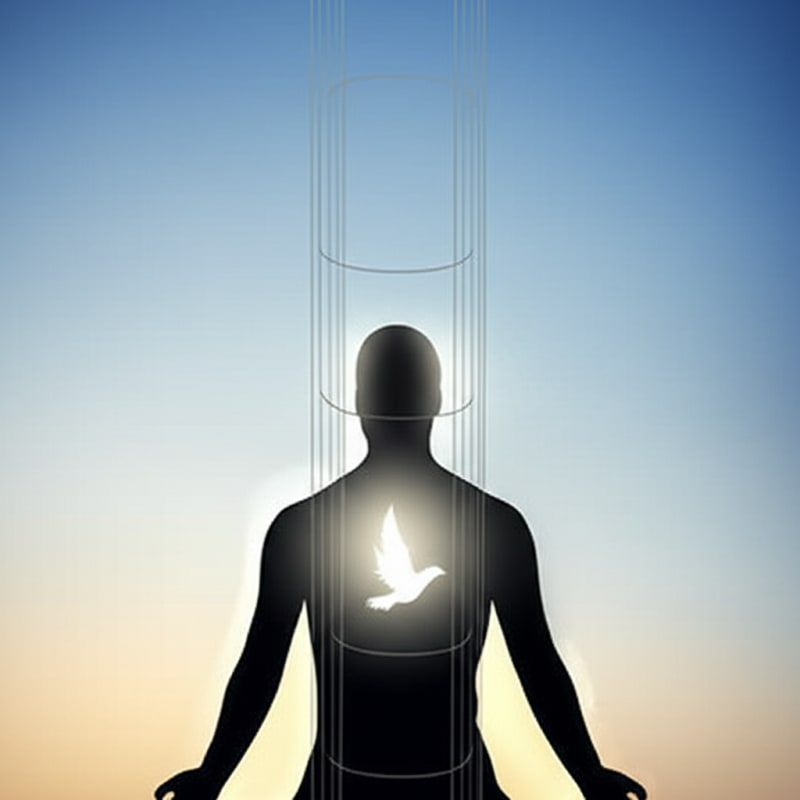The Unbreakable Spirit: Why No Cage Can Hold True Freedom!
Imagine a soul yearning for ultimate liberation, a profound desire to shed all worldly bonds. This was the silent struggle of Mahavir, who repeatedly sought permission from his family to renounce the material world. But what if, in their desperate attempts to hold him, his loved ones failed to grasp a profound truth: he was already gone?
Written by
pokelistic news



